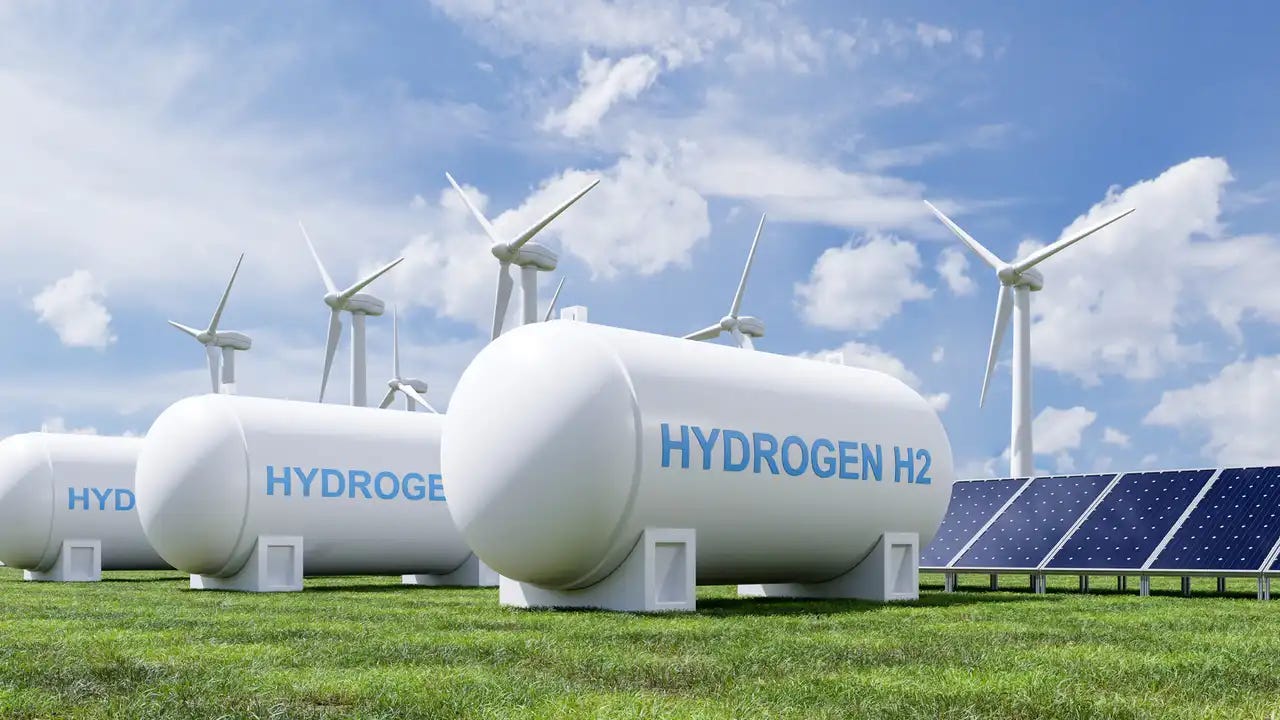How Hydrogen Power Will Help Reduce Carbon Emissions by 2050
The UK takes the lead in planning for a hydrogen economy, which is expected to increase jobs and investments while reducing long-term carbon emissions.
Photo Source: Seeking Alpha
The puzzle to reach net zero emissions by 2050 requires energy changes in a multitude of sectors, and the focus is shifting toward hydrogen power.
The UK is already experimenting with this energy shift. According to CNBC, a 12 month project in the UK will involve injecting hydrogen into a gas-fired, grid-connected power station during a trial project. Centrica PLC, an international energy services and solutions company, told CNBC that the long-term plan is to reach 100 percent hydrogen by deploying this project across all gas-fired peaking plants.
If this project successfully leads to a hydrogen economy in the UK, it is estimated to be worth £900 million and 9,000 jobs by 2030, with the potential to reach 100,000 jobs and a worth of £13 billion by 2050, according to Gov.UK.
According to CNBC, the UK's independent Climate Change Committee shared that hydrogen power could account for up to 35 percent of energy consumption in the UK by 2050, which may be critical to target the net zero emissions goal.
The European Commission has already approved 5.2 billion euros in public funding for hydrogen projects, according to CNBC. With support by the European Commission, will these projects expand to other countries besides the UK? Based on the changes hydrogen power is expected to make by 2050, we think it could reach global use.
“Strong hydrogen demand growth and the adoption of cleaner technologies for its production thus enable hydrogen and hydrogen based fuels to avoid up to 60 Gt CO2 emissions in 2021-2050 in the Net zero Emissions Scenario, representing 6% of total cumulative emissions reductions,” according to the International Energy Association (IEA).
The IEA shared that hydrogen can help decarbonise transport, chemicals, iron and steel, as well as help improve air quality and energy security.
Hydrogen power projects are also taking place in Canada. According to Forbes 30 under 30 2023 powering the future of energy and sustainability, NRStor development director Shivani Chotalia is working on a flywheel energy storage project. A flywheel is a mechanical device that stores rotational energy, and this project will pair the flywheel with carbon-free hydropower.
Hydropower has entered project and trial phases in 2022, but in the next few years it is expected to become a prioritized energy source with the goal of reducing carbon emissions.
Best,
Ariana for the Don’t Count Us Out Yet Staff


